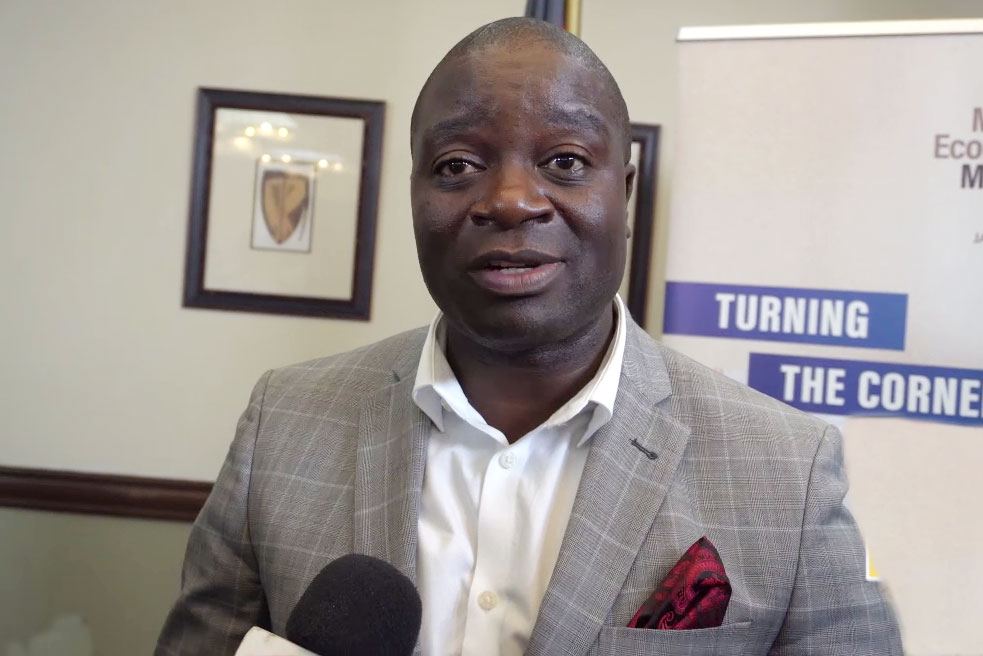Key Business Points
- Inflation rates have eased slightly, with headline inflation dropping to 27.1 percent in June 2025, presenting potential opportunities for reduced interest rates and improved macroeconomic fundamentals.
- Supply-side shocks need to be addressed to achieve permanently lower inflation and interest rates, with a focus on increasing production and tackling constraints in key sectors such as agriculture and manufacturing, as emphasized by the concept of "kugwiritsa ntchito masamba" (utilizing resources efficiently).
- Government spending priorities are shifting towards investments in industrialization, agricultural productivity, and forex-generating sectors like tourism, mining, and manufacturing, which are expected to yield long-term benefits and support economic growth, aligning with the principle of "kulima kwa njira za ubwino" (farming with good methods).
The recent decline in inflationary pressure in Malawi has brought a sense of hope to the business community, with the Reserve Bank of Malawi (RBM) expecting a sustained decline in headline inflation in the short to medium terms. However, economic commentators caution that this drop may be seasonal, and inflation is likely to peak again during the lean period from October to March, coupled with high government spending. The year-on-year headline inflation eased slightly in June 2025 to 27.1 percent, thanks to a drop in food inflation, which accounts for more than half of the Consumer Price Index. Food inflation dropped to 31.6 percent from 44.9 percent in January 2024, while non-food inflation eased to 20.1 percent, from 22 percent in January 2024.
According to RBM Deputy Governor for Economics and Regulation Kisu Simwaka, the improved overall inflation environment signals hope and has opened potential policy space to reduce interest rates. The Monetary Policy Committee will assess progress based on incoming data, the evolving inflation outlook, and balance of risks to decide whether to reduce or hold the policy rate constant. Simwaka emphasized the need for enhanced effort in addressing supply-side shocks to achieve permanently lower inflation and interest rates, highlighting the importance of "kuchita kwa makelo" (working together).
Economics Association of Malawi President Bertha Bangara Chikadza noted that while there was an ease in food inflation, the non-food component remained high and, if not addressed, could affect medium and long-term aspirations. Chikadza cautioned that the next few months will test the country’s ability to contain inflation and balance macroeconomic stability with political and social pressures, underscoring the need for "kulamulira chuma" (managing finances wisely).
On the other hand, Secretary to the Treasury Betchani Tchereni attributed inflationary pressure to low production rather than government spending on social needs. The Treasury’s focus remains on spending towards improving agricultural productivity and investing in forex-generating sectors, including tourism, mining, and manufacturing, as part of the long-term remedies to rising inflation. Tchereni expressed hope that inflation will stabilize and slow down in the medium term, supporting the country’s economic growth and development, and aligning with the goal of "kuwongolera mtengo" (managing the economy).
What are your thoughts on this business development? Share your insights and remember to follow us on Facebook and Twitter for the latest Malawi business news and opportunities. Visit us daily for comprehensive coverage of Malawi’s business landscape.
- Malawi’s K1.2tn Gold Smuggling Scourge: A Threat to Business Growth and Economic Stability - February 1, 2026
- Revitalizing Malawi’s Economy: Lower Food Prices Signal New Growth Opportunities - January 31, 2026
- Revitalizing Malawi’s Economy: Tackling Climate Related Underfunding for Sustainable Growth - January 30, 2026

